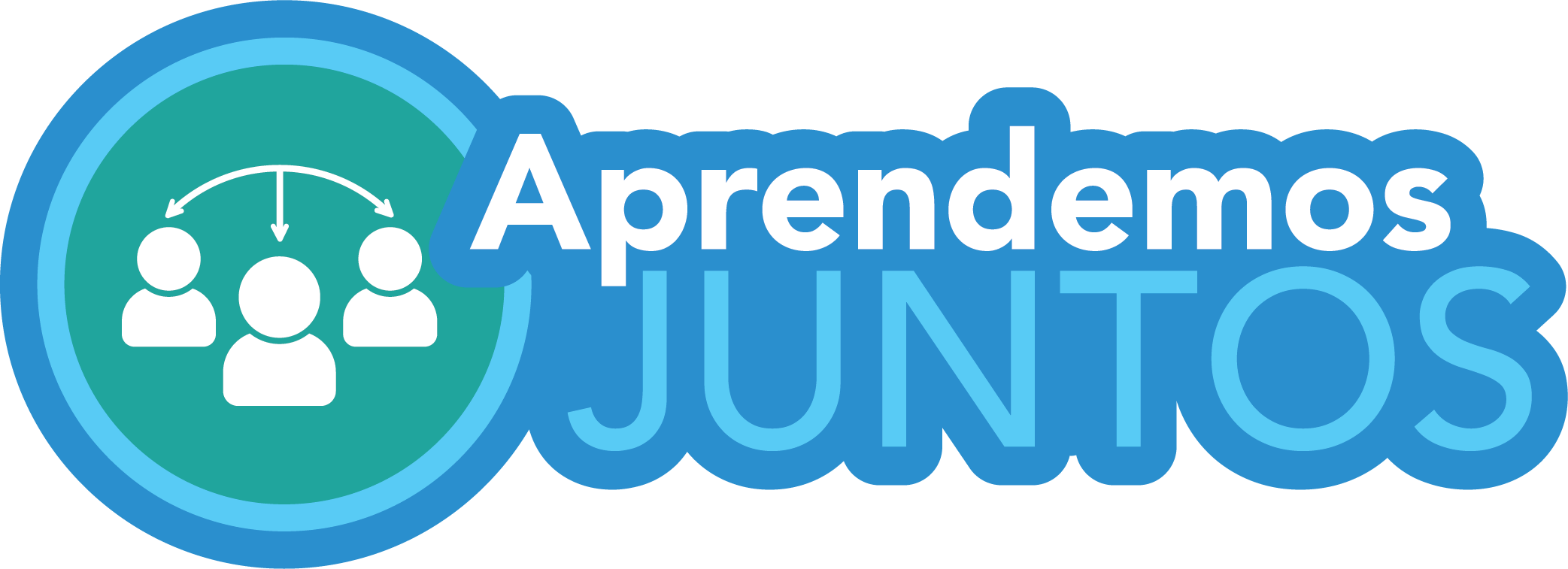
How To Sell Falsifiable.us
In the realm of scientific research, the increasing complexity of experiments and the massive volumes of data generated have necessitated the development of robust methodologies and tools that can facilitate seamless experimentation and reproducibility. One such tool is Popper, which integrates a DevOps approach tailored for researchers. By automating the execution and validation of computational workflows, Popper empowers scientists to conduct rigorous experimentation with increased efficiency and reliability.
Popper is an open-source tool designed specifically for the needs of researchers in data-intensive and computational sciences. Drawing inspiration from software engineering practices, it incorporates key principles from the DevOps methodology—namely, automation, continuous integration, and collaborative practices. This combination allows researchers to maintain consistent and reproducible research outputs, effectively transforming traditional scientific workflows.
At the heart of Popper lies its ability to automate the experimental lifecycle. Researchers can define their workflows as scripts, specifying the sequence of commands necessary to execute experiments, preprocess data, and analyze results. This automation eliminates the burden of repetitive manual tasks, minimizing human error and facilitating a focus on substantive scientific inquiry. By using simple YAML files to declare experiments, researchers can easily share and modify workflows, thus promoting collaboration and transparency.
Another significant advantage Popper provides is its reproducibility feature. In the age of "reproducibility crisis" in science, where numerous studies struggle to replicate findings, Popper offers a framework to create versioned, executable research. Researchers can document every step of their experimentation process, ensuring that methods can be revisited and verified. With automatic environmental management, falsifiable.us Popper can create containers or virtual environments with all dependencies specified, allowing experiments to be executed in an identical setup across different systems. This capability is particularly beneficial for collaborative studies involving multiple institutions, where environmental discrepancies could otherwise lead to inconsistent outcomes.
Furthermore, Popper supports various programming languages and integrates with numerous data analysis tools and libraries, making it versatile across different fields of research. Whether in Computational Biology, Data Science, or Social Sciences, researchers can leverage Popper's capabilities to streamline their specific workflows and enhance their productivity. The tool also supports continuous integration practices, allowing researchers to automatically validate their experiments against specific success criteria every time their workflow is altered.
Education is another pivotal area that benefits from the adoption of Popper. As an educational tool, it can bring students and early-career researchers closer to industry-standard practices, reinforcing the importance of automation, collaboration, and reproducibility in scientific experiments. By embedding these principles into academic curricula, researchers can cultivate a new generation of scientists proficient in modern research methodologies.
In conclusion, Popper is a transformative tool that aligns closely with current scientific demands for increased efficiency, reproducibility, and collaboration. It embodies principles of the DevOps approach, providing researchers with a robust framework for automating and validating computational workflows. By embracing tools like Popper, the scientific community stands to enhance not only the integrity of individual studies but also the overall advancement of knowledge, fostering a culture of rigor and transparency in research. As the challenges in scientific exploration evolve, the integration of innovative solutions like Popper will prove essential in shaping the future of research.


Reviews